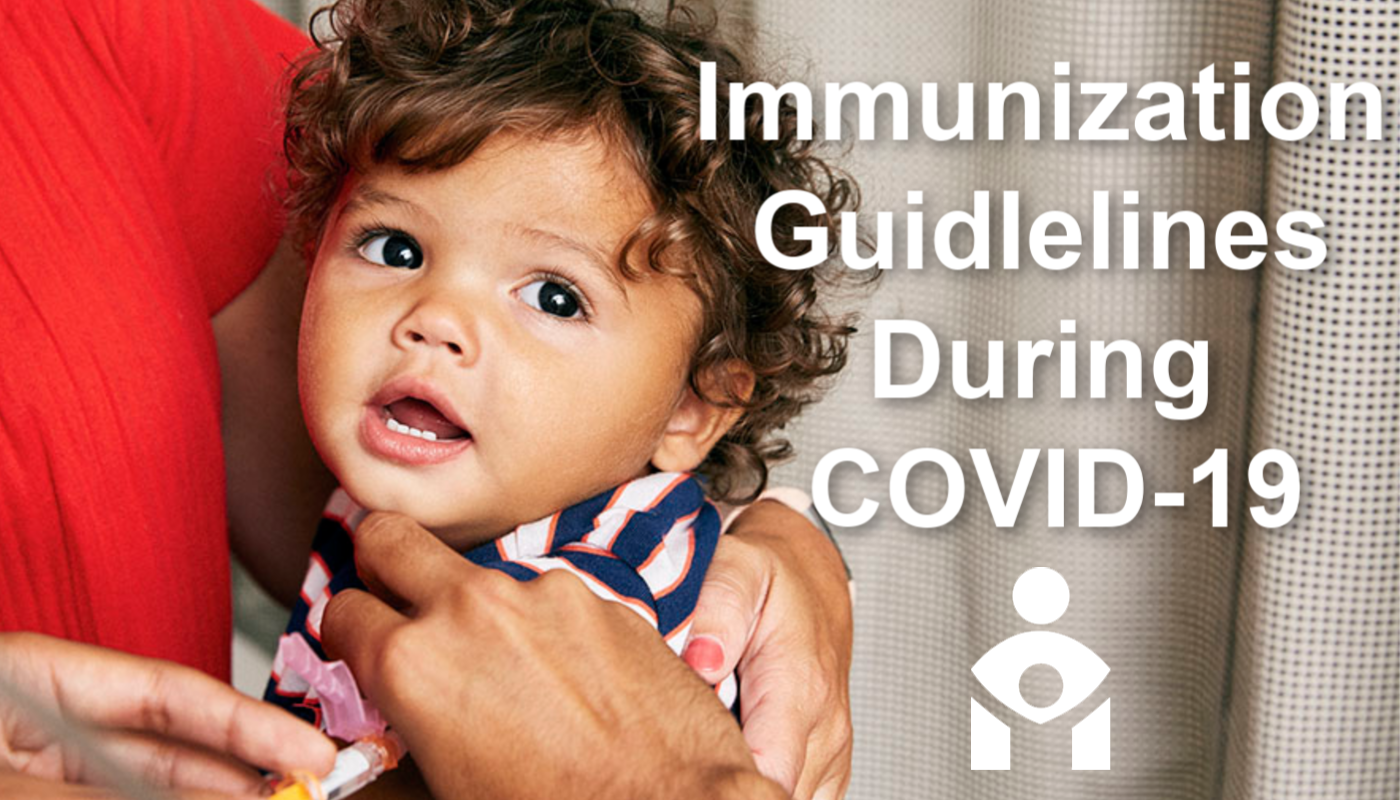The CDC has released updated guidelines for preventative health services for children and adults during the COVID-19 pandemic. These include guidance on providing immunizations to patients.
Children
The AAFP and AAP have joined the CDC in offering guidance on maintaining childhood immunizations in the current pandemic. In order to continue to immunize pediatric patients, practices should follow guidance from the AAP on modifying clinic schedules and physical space. Recommendations include:
- Limit well visits to early morning and use the remainder of the day for sick visits
- Dedicate specific rooms for sick visits and well visits. If a practice has multiple sites, use one location for well visits only.
If a practice is unable to provide wells child visits for all patients in their practice, priority should be given to newborn care and vaccination of infants and young children through 24 months of age.
Adults
The American College of Physicians released a statement on non-urgent in-person medical care on March 23. This statement recommends the cancellation of elective and non-urgent procedures, and for physicians to move patient care to telehealth services when possible. The CDC recommends that adult immunizations be postponed except in two scenarios:
- An in-person visit must be scheduled for some other reason and delivering preventative services during that visit will not increase risk.
- An individual patient and their clinician assess that the benefit of the vaccine outweighs the risk of exposure to COVID-19.
Additional Resources
CDC:
Administering vaccines when a child is sick
AAFP:
COVID-19: Guidance for Family Physicians on Preventive and Non-urgent Care
AAP:
Email address for member questions concerning COVID-19: COVID-19@aap.org

[…] The article continues by reporting data from the CDC on the circulation of VPDs between January and March 2020. In addition, it lays out solutions to continuing well child visits and routine vaccines. It ends with resources, some of which we listed in last weeks blog post Immunization Guidelines During COVID-19. […]